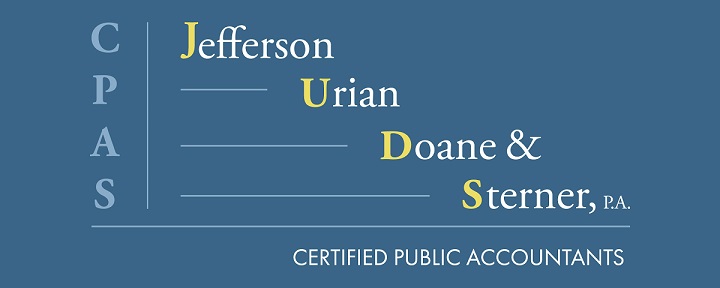-
A Health Savings Account (HSA) isn't just for today's doctor visits. It can also be a powerful retirement savings tool with multiple advantages. Use it to cover rising health care costs as you get older or tap into it like a traditional IRA after age 65 penalty-free. If you're already maxing out your 401(k) or IRA, your HSA might be the smartest place for your next retirement-saving dollar.
-
If you're over 70 and looking for a tax-smart way to support your favorite causes, qualified charitable distributions from your IRA might be the answer. This strategy lets you donate directly from your IRA to charity, potentially reducing your taxable income while satisfying your required minimum distributions (RMDs) for the year. Here's how this strategy works and how SECURE 2.0 enhanced the benefits.
-
Are you saving enough for retirement? A recent survey of retirees reveals that many of today's retirees identify as "financially fragile." It also highlights the importance of developing a comprehensive retirement plan that sets realistic goals and expectations. Here are more findings and insights to help younger generations build nest eggs to sustain their golden years.
-
Is it time for your business to shift payroll management responsibilities to an outside payroll professional? Or do you handle this task in-house? Small businesses often struggle with administering payroll and staying on top of evolving state and federal payroll tax regulations. Here are some common payroll filing missteps that can be costly and disruptive.
-
Keeping up with ever-changing tax laws can be challenging for individuals and business owners. The IRS continuously refines its systems to detect errors and inconsistencies. Therefore, it's important to understand potential audit triggers and how to avoid them. While most taxpayers won't face an audit, certain red flags can increase the likelihood of one. Here are eight areas that may draw the IRS's attention.
-
There's been a recent uptick in scams involving the name, insignia and powers of the U.S. Department of the Treasury's Financial Crimes Enforcement Network (FinCEN). The Federal Trade Commission estimates that FinCEN and other government imposter schemes cost victims a total of $789 million in 2024. This article highlights the latest FinCEN fraud schemes and prevention tips.
-
The mountain of paper and electronic records needed to support a tax return may include receipts, bank and investment account statements, K-1s, W-2s, and 1099s. How long must the records be saved? This article provides an overview.
-
Are you looking for a tax-smart way to get money out of your business? Stock redemptions convert corporate ownership interests into cash. Shareholders in closely held corporations may want to consider redeeming their shares sooner rather than later to take advantage of today's historically low tax rates while they last. This article explains how this strategy works.
-
The idea of self-employment is attractive for many people. Deductible business expenses can greatly reduce taxable income, but there's still self-employment tax to pay. Regardless of your employment status, if you also have "other income," you must be aware of the related tax treatment. This article reviews a case that recently made its way through the U.S. Tax Court on the issue of other income.
-
There are many good reasons for small business owners to hire trusted family members. In addition to having them participate in the family business, your relatives may receive tax breaks and saving opportunities. Your business can come out ahead, too. With summer coming up, here's some guidance if you're thinking about hiring your children, your spouse or other relatives.





